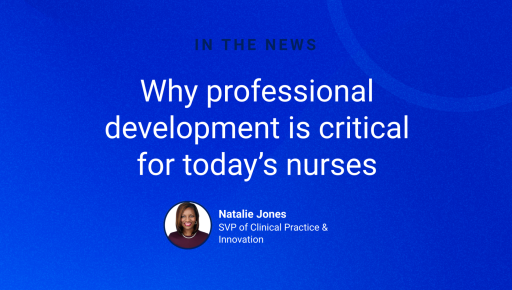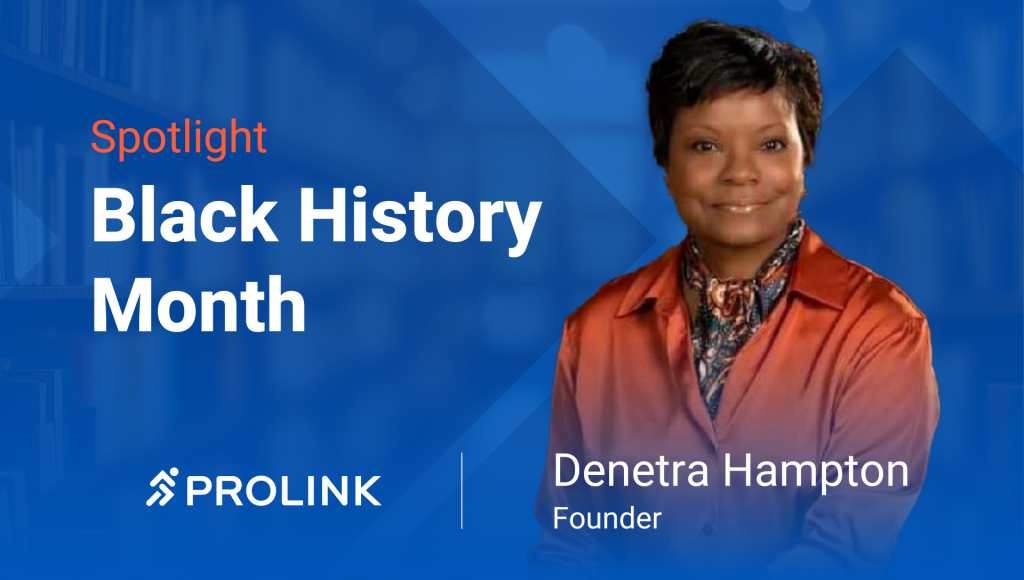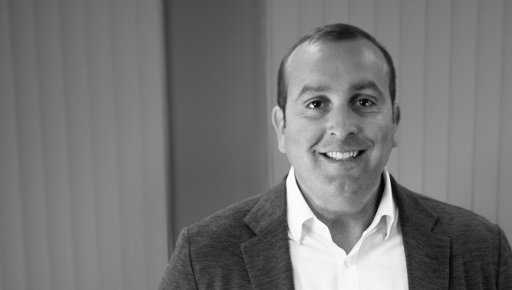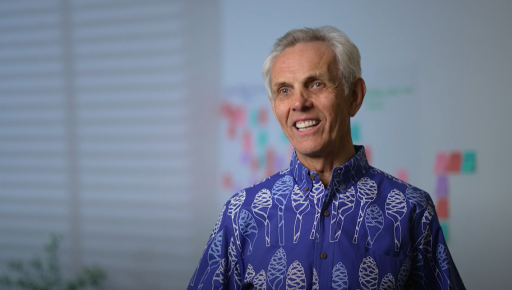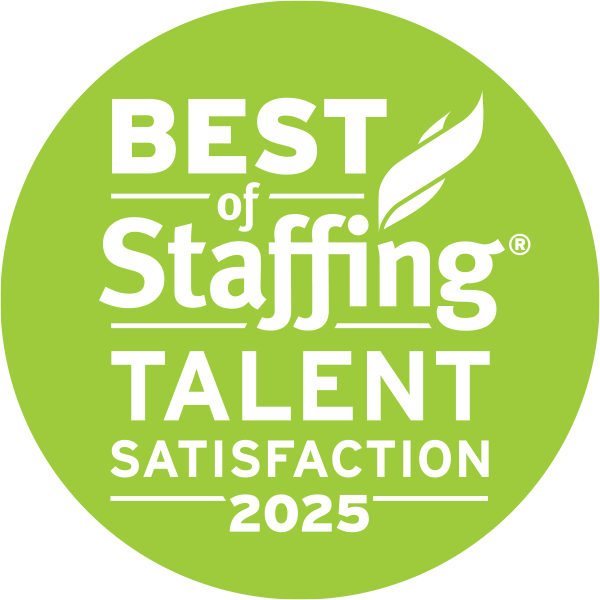Denetra Hampton is the founder of For Nurses By Nurses Productions, a media organization that aims to raise the consciousness of nursing science through scientific storytelling. A 22-year Navy Veteran, Hampton’s professional nursing background consists of a bachelor’s in nursing and a master’s in health services administration.
Hampton’s first film, The Black Angels: A Nurse’s Story, was released in 2018. Since then, she has released two more independent films through For Nurses By Nurses with a fourth, The First Four, set to premiere March 9, 2024 in Chicago, Illinois. Prolink sat down with Hampton to discuss her past and upcoming projects, the impact of good storytelling on healthcare, and the African American nursing experience. Play the video for a brief introduction to Hampton and her background before diving into the full conversation below.
Prolink: Tell us more about the Black Angels, as told in your first film The Black Angels: A Nurse’s Story. What touched you about their experience, and what inspired you to tell their story?
Denetra Hampton: I had a really unique opportunity with that story. I found out about it back in 2018 thanks to an event at a museum. The Black Angels were African American professional nurses who contributed to a cure for tuberculosis.
In my research, I chose to tell a story about a person who was licensed as a professional nurse who worked at that particular time. There were parts of the story that I could justify, and if I couldn’t justify it, I didn’t speak about it. That’s how I ended up telling my story about Marjorie Tucker Reed. And that’s why my story is a little unique from other narratives.
I’m very fortunate to have been able to tell Marjorie’s story, because she died six months after I interviewed her. The only interview she ever did was with me. She was in a nursing home in Staten Island, and no one really knew about her. I believe it was meant for me to tell her story.
P: Looking back on that era, what was being a Black professional nurse like at that time?
DH: It was so different back then, but at the same time, 1940 wasn’t so long ago. At Sea View, where the Black Angels worked, they understood the importance of proper training for nurses. They did a nine month course for them to become licensed practical nurses. Marjorie Tucker Reed was in one of those classes. They were profound in what they did by not just helping with a cure for tuberculosis, but also elevating the African American nursing experience.
When an infectious disease like tuberculosis is ravaging an entire nation, there’s no room for racism. You have to be able to work together. So, they put out a call for Black nurses to help fight the disease. At that time, with Black nurses not being able to work with white nurses, this was heaven for them. They started coming from all over to get these jobs.
The patients at Sea View coined the term Black Angels, because that’s what they saw—Black people taking care of them. After they took charge, something wonderful ended up happening at Sea View, which just so happened to be the cure for tuberculosis.
P: What larger meaning do you find in the fact that during an era of segregation, it was Black caregivers that were able to make such a difference?
DH: We would not be where we are today without the contributions of those African American nurses. When you think about access to care, that was tied to the inequities and disparities of the time. All of that comes together in one story, and unfortunately, we are still facing those challenges today. We are still facing the same thing the Black Angels faced, now just in a different era. This is why as a leader today I am trying to close that gap through storytelling.
Scientific storytelling has become one of the most valuable tools that I have ever experienced. One of my other films, The Dixie 3, proved that to me in so many ways. We took that story around the country and educated people on the injustice that took place, and now we are in the process of putting down a heritage marker so that everyone can learn about that story exactly where it took place at 3102 Victoria Blvd in Hampton, Virginia. That’s advancing the science, and that is scientific storytelling.
We have the opportunity to educate the country, our students, and even leaders about these types of stories that have caused injustices and placed a burden on the healthcare system in regard to disparities and inequalities. The Black Angels was just the beginning.
P: What do you mean when you talk about scientific storytelling? What does that term mean to you?
DH: The fundamental element of these stories is research. To me, when you talk about stories centered on injustice, they have to inspire some kind of change. Not only do you have to educate people about the injustice, but your research also has to come back around, and it has to solve the problem so that you can close the gap. Otherwise, it is just another conversation.
P: How can storytelling make an impact on healthcare to help us learn from the past and not repeat our mistakes?
DH: As a grassroots production company, our work is deeply connected to the community. Our stories are a direct reflection of our patients, their families, and their lives. If we’re not going to address the root causes of limited access to care, then we can’t really close those gaps, because we’re not willing to go to where the root of the problem is. The root is the people.
P: What do you want people to take away from your work? How can we use those stories to change our future in healthcare?
DH: These are nurses’ stories, but I want others to be able to see themselves in them. When mirroring occurs, there is inspiration to change. Right now, we’re trying to keep nurses in our healthcare systems. It’s one of the biggest challenges we’re facing. But when you show people the impact this profession has had historically, folks who were contributing in big ways that look like them, it’s an invaluable advancement tool.
I also think that these stories provide a tremendous opportunity to learn. They give everyone who is caring for patients a chance to figure out ways to provide better care. Whether it’s diversity and inclusion, or you’re talking about the clinical acumen, there’s so much that we can learn as caregivers from these stories.
P: What projects are you working on? Anything new on the horizon?
DH: My next film premieres March 9. It’s called The First Four. It’s about the first four African American nurses that worked at the legendary Provident Hospital and Training School for Nurses in Chicago. The fundamental social determinant of health is education, and they were the first four Black nurses to reach a level of education that could change the trajectory of the lives of others, particularly at that hospital.
The foundation of the story comes from the history a church called Quinn Chapel. Quinn Chapel is the church back in 1892 where nine men held the first meeting to begin the Provident Hospital. And it’s still there. I was fortunate to be able to go and film on location in the Chapel. It allows us to connect the story with the “why” of these African American nurses, which is the beginning of scientific storytelling. The more of these stories we tell, the more we’ll be able to find ways to close the gaps that still exist and, in turn, advance the science.
For more information on Denetra Hampton and For Nurses By Nurses, including upcoming and past films, in-person screenings, and mission, visit www.fornursesbynurses.org.
